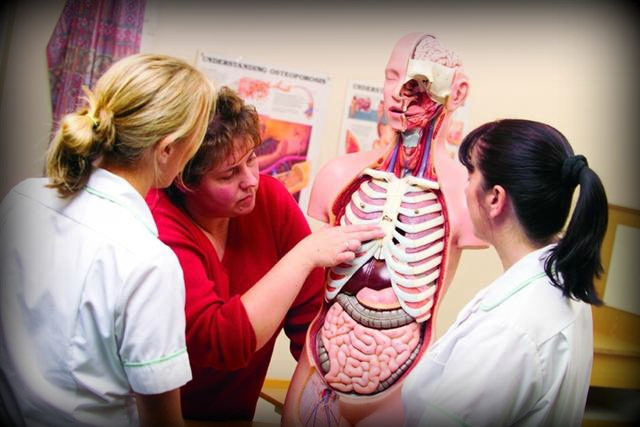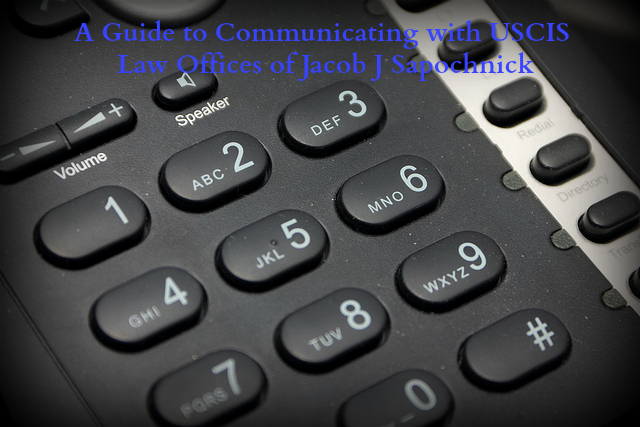By Yingfei Zhou, Esq.
In July 2014, we updated our readers regarding newly released guidance by USCIS, on adjudication of H-1B petitions for nursing occupations. In the guidance, USCIS acknowledged that the nursing industry has changed and that the private sector is increasingly showing a preference for more highly educated nurses. Although it seems that USCIS has shown its willingness to entertain H-1Bs for nurses, the adjudicatory standards remain high. In our practice, we have found that USCIS adjudicators set very high standards in adjudicating H-1B petitions, arguably higher than what the regulations require, for certain occupations, including nursing.
For Registered Nurses, the key to filing a successful H-1B petition is to differentiate the duties of a nursing position that requires at least a bachelor’s degree in Nursing. USCIS relies on the OOH, as an authoritative source for outlining both the educational requirements, and duties for H-1B specialty occupation cases. The OOH has listed a number of areas in which a nurse may focus: addiction nurses, cardiovascular nurses, critical care nurses, etc. and states that “depending on the facts of the case, some of these Registered Nurse positions may qualify as specialty occupations.” In other words, positions that focus on a particular area, or a particular population, are more likely to be classified as ‘specialty occupations’ than a more general practice nurse.
For Advance Practice Registered Nurses (APRN), USCIS has previously recognized that positions requiring APRN certification will generally be considered specialty occupations due to the advanced level of education and training required for this certification.
 Visa Lawyer Blog
Visa Lawyer Blog













